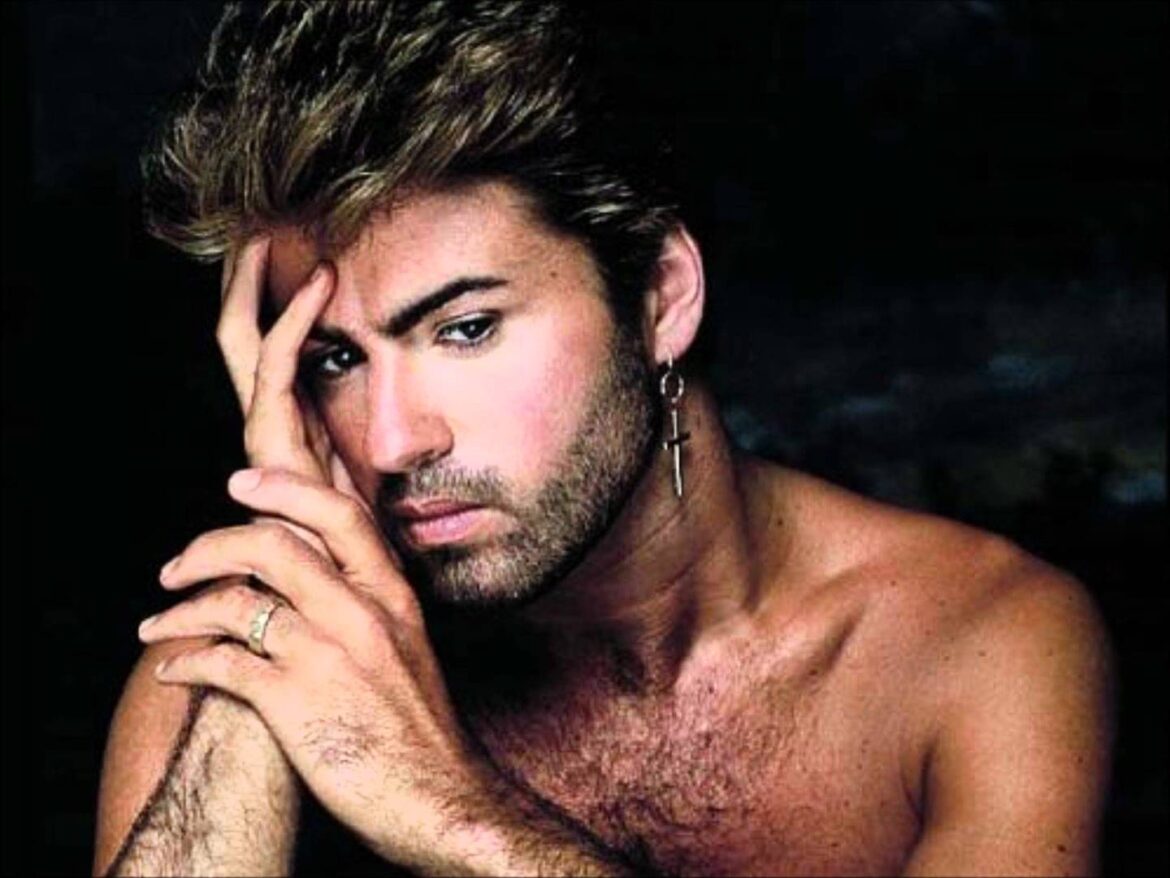
George Michael: A Trailblazing Pop Icon
George Michael, born Georgios Kyriacos Panayiotou on June 25, 1963, in East Finchley, London, was one of the most influential and beloved pop stars of the 1980s and 1990s. As a solo artist and as part of the duo Wham!, Michael achieved global fame, becoming known for his powerful voice, charismatic stage presence, and ability to blend multiple musical styles such as pop, soul, R&B, and dance. Beyond his music, Michael was a vocal advocate for LGBTQ+ rights and social causes, adding layers of depth to his public persona. His life, however, was marked by personal struggles, challenges with fame, and an ongoing quest for authenticity, making him a fascinating and complex figure in music history.
Early Life and Formation of Wham!
George Michael grew up in a working-class Greek-Cypriot family in North London. His early interest in music was inspired by artists like Elton John, David Bowie, and Queen, whose vibrant and boundary-pushing performances would later influence his own style. Michael met Andrew Ridgeley, his future bandmate, in school. The two bonded over their shared love for music and dreams of stardom, forming a band called The Executive, which was short-lived but set the foundation for Wham!, which they formed in 1981.
Wham! burst onto the music scene with their debut album Fantastic in 1983, blending pop and dance influences that resonated with a youthful audience. Their next album, Make It Big (1984), catapulted them to international fame, with hits like “Wake Me Up Before You Go-Go,” “Freedom,” and “Careless Whisper,” the latter of which showcased Michael’s growth as a songwriter and his potential as a solo artist. With their youthful exuberance and catchy melodies, Wham! became symbols of carefree fun, yet Michael was already thinking about more sophisticated artistic directions.
Transition to Solo Career
Though Wham! was wildly successful, George Michael yearned for creative freedom. He saw himself as more than just a pop star — he wanted to be a respected singer-songwriter, pushing beyond the limitations of his boy-band image. In 1986, Wham! disbanded, with Michael and Ridgeley parting on good terms. Michael immediately embarked on his solo career, which allowed him to explore deeper themes and experiment with various musical styles.
His first solo album, Faith (1987), was a monumental success, selling over 25 million copies worldwide and establishing him as a superstar. The album was both commercially successful and critically acclaimed, blending pop, soul, and rock influences with an emotionally mature lyrical content. Hits like “Faith,” “Father Figure,” and “I Want Your Sex” showcased Michael’s versatility as an artist. “Faith,” with its iconic guitar riff, became a symbol of Michael’s reinvention — from teen idol to a serious musician with a sexy, rebellious image. However, “I Want Your Sex” sparked controversy for its overtly sexual content, challenging conservative norms of the 1980s.
.
.
With Faith, George Michael won numerous awards, including the Grammy Award for Album of the Year in 1989. Yet, while Faith cemented his place in the pantheon of pop icons, it also marked the beginning of his struggle with fame. Michael became increasingly uncomfortable with his public image, which often focused on his physical appearance and sex appeal rather than his artistry. This tension between his private and public selves would become a recurring theme throughout his life.
Musical Evolution and Public Struggles
Following the immense success of Faith, Michael took a different direction with his second album, Listen Without Prejudice Vol. 1 (1990). This album was a deliberate attempt to distance himself from the pop star image that had been cultivated around him. He refused to appear in music videos for the album’s singles, including the hit “Freedom! ’90,” whose lyrics reflected his frustrations with the music industry and his desire for artistic freedom. The video for “Freedom! ’90” famously featured supermodels lip-syncing the song instead of Michael, symbolizing his rejection of superficiality and fame.
Though critically acclaimed, Listen Without Prejudice Vol. 1 did not achieve the same commercial success as Faith, which led to a bitter legal battle with his record label, Sony Music, in the early 1990s. Michael accused Sony of failing to promote the album adequately and sought to break free from his contract. Although he lost the lawsuit, the case was significant in drawing attention to artists’ rights in the music industry.
Despite these challenges, George Michael continued to produce innovative music. His 1996 album, Older, showcased a more introspective and mature artist, dealing with themes of love, loss, and self-reflection. The album was largely inspired by the death of his lover, Anselmo Feleppa, from an AIDS-related illness, and it marked a turning point in Michael’s life, both personally and professionally. Songs like “Jesus to a Child” and “Fastlove” were poignant reflections on grief and the complexities of modern relationships.
Coming Out and LGBTQ+ Advocacy
While Michael had long faced speculation about his sexuality, it wasn’t until 1998 that he publicly came out as gay, following a widely publicized arrest for “engaging in a lewd act” in a public restroom in Beverly Hills. The incident could have derailed his career, but instead, Michael used it as an opportunity to be open about his sexuality and challenge societal taboos. His response to the scandal, including the release of the cheeky single “Outside,” was seen as a bold and humorous reclaiming of his narrative.
.

.
From that point forward, George Michael became an outspoken advocate for LGBTQ+ rights and AIDS awareness, using his platform to raise money for charities and speak out against homophobia. His openness about his sexuality and personal struggles resonated with many fans, particularly in the LGBTQ+ community, for whom he became an icon of resilience and pride.
Legacy and Final Years
Throughout the 2000s, George Michael remained a prominent figure in the music world, though he released fewer albums. His career highlights during this period included the Patience album in 2004 and numerous sold-out tours, which demonstrated his enduring popularity as a live performer. He also continued to face personal challenges, including battles with substance abuse and legal issues. Despite these difficulties, his legacy as a trailblazing musician and a voice for social causes remained intact.
Conclusion
George Michael‘s life was one of immense talent, personal struggle, and artistic evolution. From his early days as part of Wham! to his solo success with Faith and his later, more introspective work, Michael consistently pushed boundaries both musically and socially. His openness about his sexuality and his advocacy for LGBTQ+ rights made him a cultural figure beyond the world of pop, while his music — emotional, soulful, and fearless — continues to inspire new generations of artists and fans. George Michael was, and remains, an icon of pop music and a symbol of authenticity in a world often driven by superficiality.
George Michael died in bed in the early hours of Christmas Day 2016 at his home in Goring-on-Thames, at the age of 53.
His contributions to music, particularly his ability to blend genres and address complex themes with grace and honesty, were celebrated in numerous tributes and retrospectives. He left behind a body of work that not only defined an era but also transcended it, remaining relevant and influential to this day.
Check out George Michael on Amazon.
.

